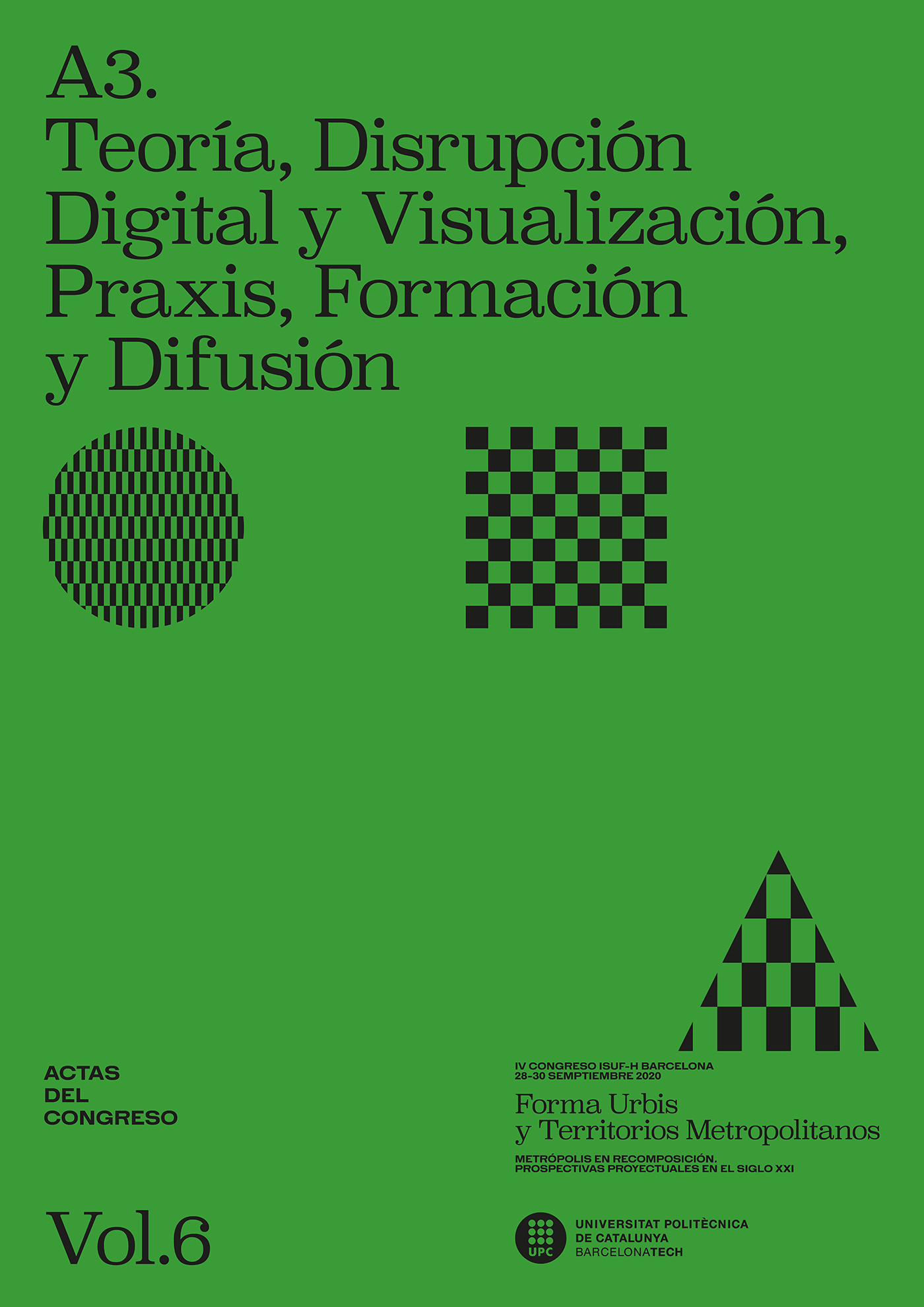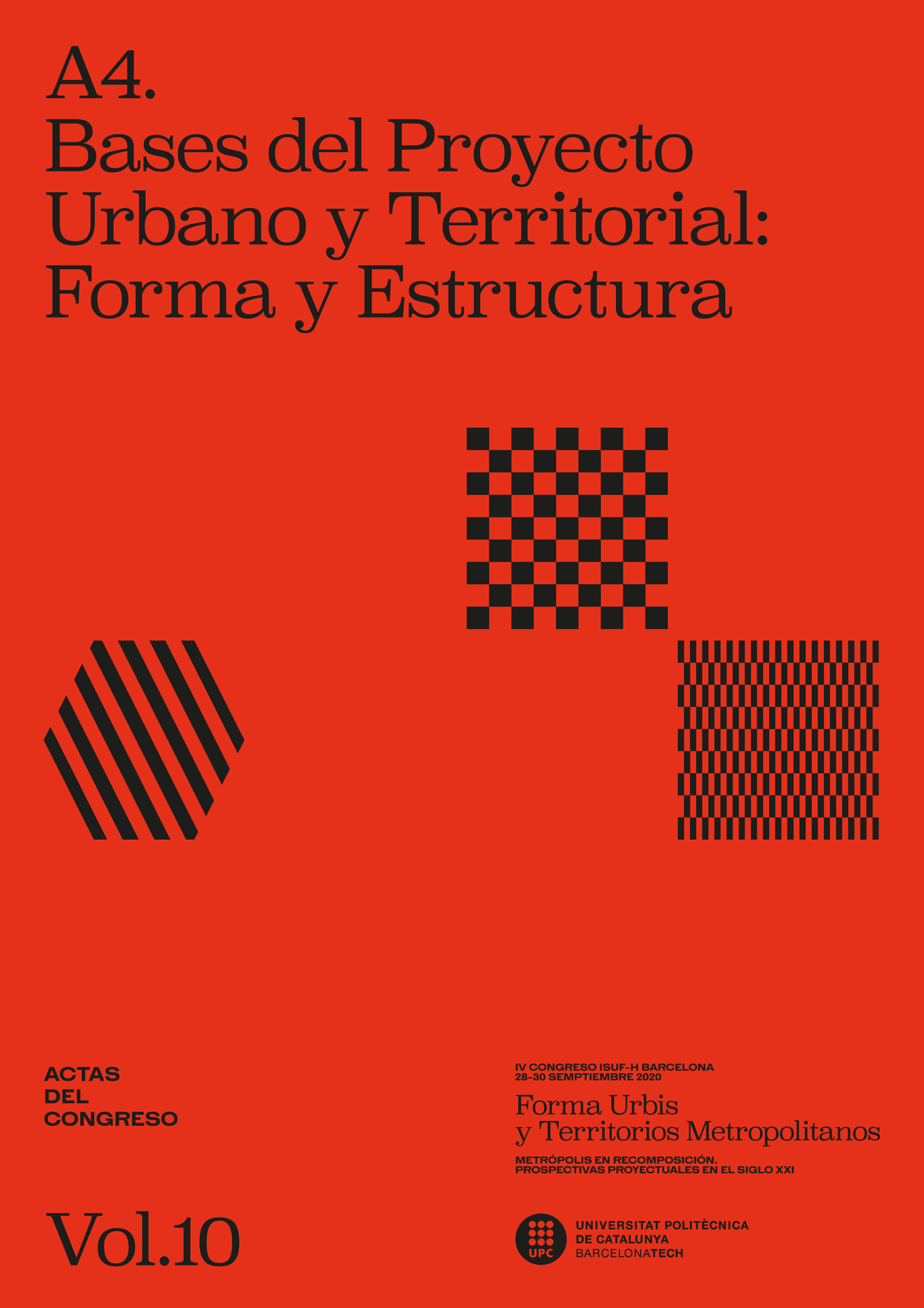
It is often argued that the future city will be that one built on the already urbanized territory. This statement asks for a new approach to Urban Planning, more attentive to regenerating existing urban fabrics than extending them. Within this context, Mass Housing Estates and their renovation become an issue of great relevance. Being one of the 20th century's genuine forms of urban growth, their accelerated and very explicit obsolescence demands profound reflection on strategies and interventions. This book shows some descriptions, thoughts and tentative designs on this particular urban form. Opened to an international scope, most of the presented materials and writings are referred to Barcelona and its MHE, since it is an exceptional case study in this matter, as it is in many other fields related to urbanism. The large number and diversity of housing estates that were developed throughout the last century set the framework for the analysis of three challenges that MHE renewal will face in the future: guarantee of basic living conditions; urbanity provision and metropolitan integration. "The relevance of MHEs was the opportunity to build residential neighbourhoods with a much greater po-tential than traditional ones. Some specific cases have shown us how to design residential environments and others show us precisely the opposite, how not to. MHE shouldn't have been located in isolated sites with an excessive insistence on a certain type of architec-ture. Today the centre of our metropolitan reality continues to be Barcelona: it is a key element, extremely important. But let us look with a renewed attention at the metropolitan context. The baricentre of this metro-politan Barcelona is certainly not located in Ciutadella, but somewhere in Collserola. It is in this change of scale, it is in understanding the real city, that we will find the key to redefine MHE as an integral part of a much broader and more complex system than the former periphery where they were once built. Now we have the capacity and sufficient perspective to discern what was a mistake from the positive assets we can recover from these territories"
Barcelona: Universitat Politècnica de Catalunya. Iniciativa Digital Politècnica, 2012
270 p. · · ISBN 978-84-7653-920-0 · Gratuït · anglès
Matèria: Arts : Arquitectura: edificis residencials, habitatges
Registre OAI

It is often argued that the future city will be that one built on the already urbanized territory. This statement asks for a new approach to Urban Planning, more attentive to ...
(Universitat Politècnica de Catalunya. Iniciativa Digital Politècnica, 2012) · 270 pàg. · 16,7 €

(Universitat Politècnica de Catalunya. Iniciativa Digital Politècnica, 2021) · 245 pàg. · Gratuït

El manual que se presenta responde al programa teórico vigente a partir del 1 de enero de 2015 para la obtención del título de patrón de embarcaciones de recreo y el de pa...
(Universitat Politècnica de Catalunya. Iniciativa Digital Politècnica, 2016) · 195 pàg. · 34,2 €

En esta obra multimedia se exponen los problemas medioambientales así como la gestión y reciclaje de los diferentes tipos de residuos. En concreto la obra se estructura en o...
(Universitat Politècnica de Catalunya. Iniciativa Digital Politècnica, 2012) · 14 €

(Universitat Politècnica de Catalunya. Iniciativa Digital Politècnica, 2021) · 223 pàg. · Gratuït
Universitat Abat Oliba CEU • Universitat d'Alacant • Universitat d'Andorra • Universitat Autònoma de Barcelona • Universitat de Barcelona • Universitat CEU Cardenal Herrera • Universitat de Girona • Universitat de les Illes Balears • Universitat Internacional de Catalunya • Universitat Jaume I • Universitat de Lleida • Universitat Miguel Hernández d'Elx • Universitat Oberta de Catalunya • Universitat de Perpinyà Via Domitia • Universitat Politècnica de Catalunya • Universitat Politècnica de València • Universitat Pompeu Fabra • Universitat Ramon Llull • Universitat Rovira i Virgili • Universitat de Sàsser • Universitat de València • Universitat de Vic - Universitat Central de Catalunya